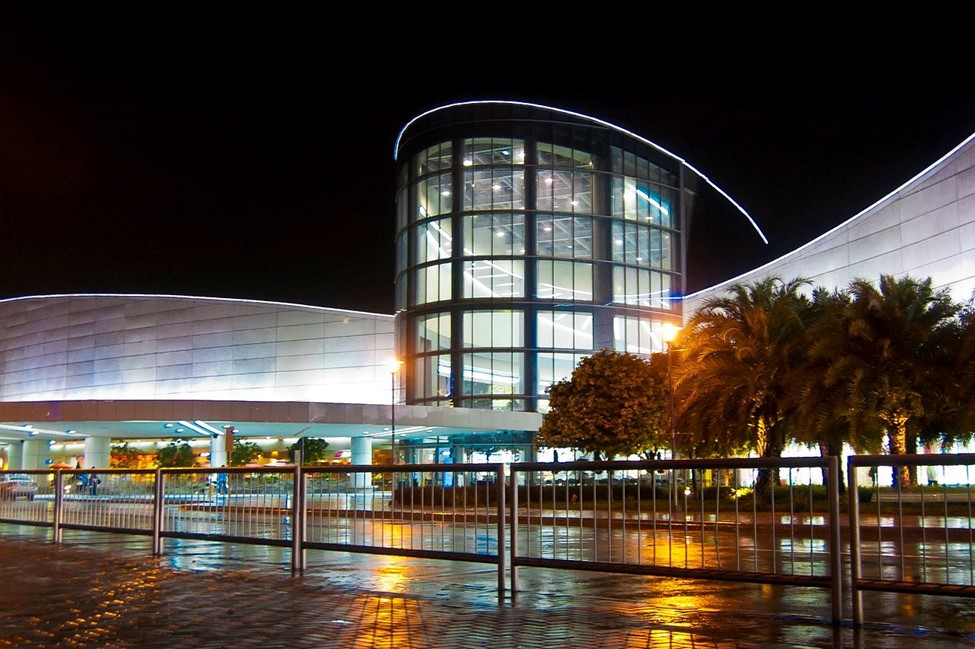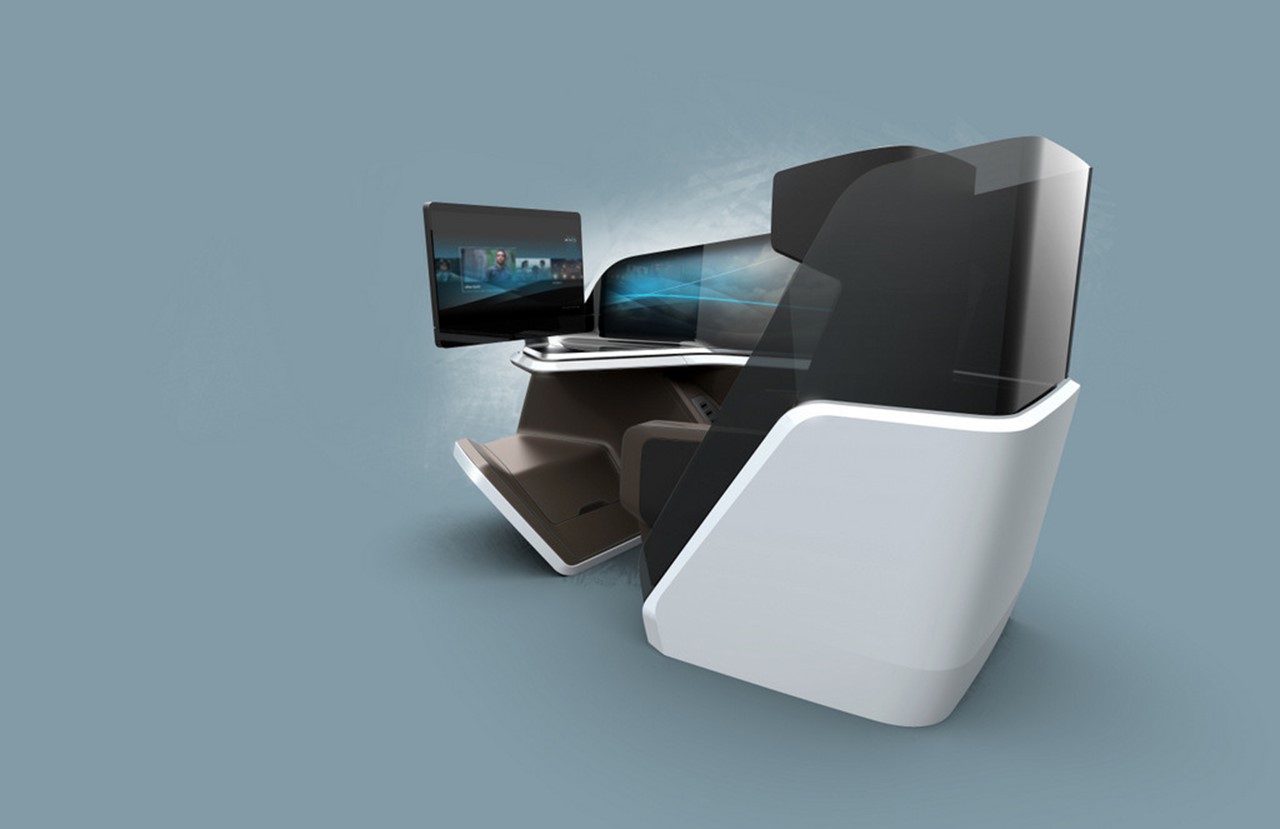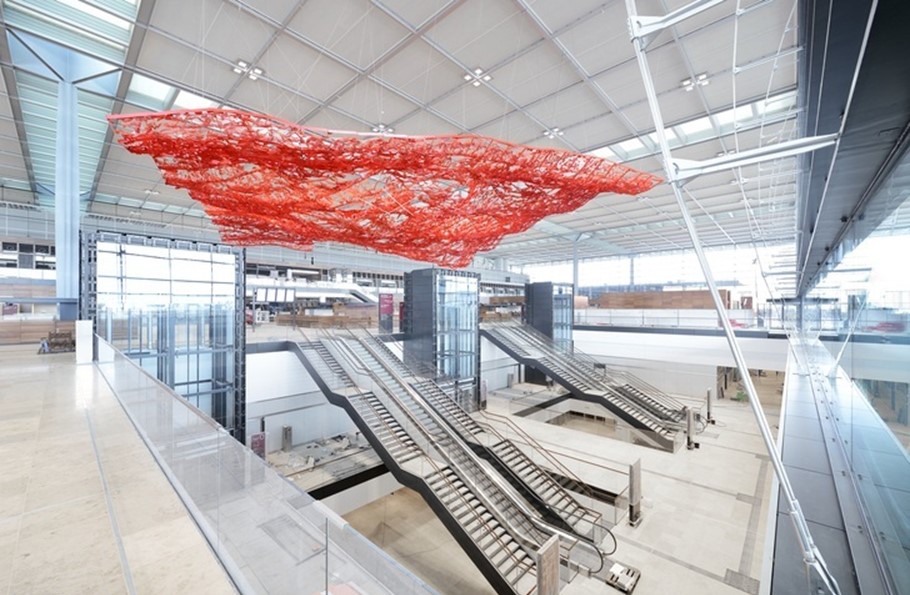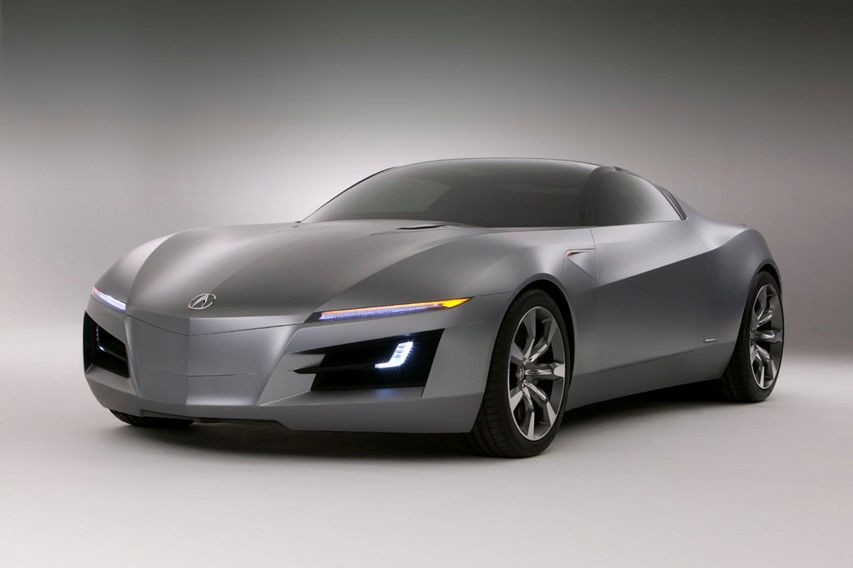The Decline Of Malls
April 14, 2014 in Daily Bulletin

Jonathan Glancey wrote that in the US, shopping malls seem to be in decline:
- Economic decline and online shopping have hurt the mall.
- Just as earlier generations had ghost-towns, the 21st century has ‘ghost malls’ – abandoned super-structures fit for horror movie storylines.
- 2007 might have been the turning point. From a rate of 140 a year, it was the first year in over 50 years when no new malls were built in the US.
- Malls may also have become unpopular because they became associated with youth who made adults feel uncomfortable shopping there.
- Given that malls are essentially giant, enclosed boxes it’s not clear what we should do with the abandoned ones. Various suggestions include turning them into leisure centers or casinos.
- Malls thrive in other parts of the world. China, Iran and even Bangladesh have malls bigger than those in the US.
Read more about malls, and see some eerie photographs of abandoned ones over here.
Source: BBC

















Join the Discussion! (No Signup Required)